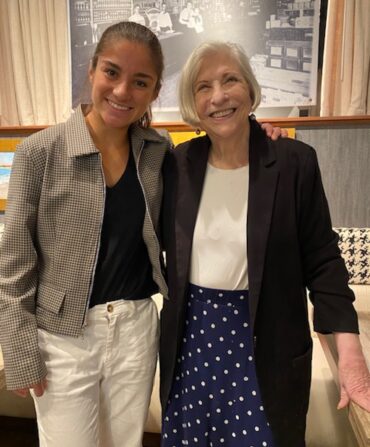In 1990, Craig LeHoullier received a package at his home in Raleigh from Sevierville, Tennessee, containing seeds from an unnamed tomato plant with a fuzzy history. The sender, John D. Green, claimed the tomatoes would be thick, juicy, and a lush bold purple. Green had obtained the seeds from a friend, whose ancestors had gotten them from a local Cherokee tribe more than a hundred years earlier, and passed them to LeHoullier, whom he had learned about through seed swap listings in gardening magazines. “I was skeptical,” LeHoullier says, “but I felt the gravity of the importance of trying this.” Indeed, the tomato grew to a beautiful dusky color and was so delicious that LeHoullier named it the Cherokee Purple and sent seeds to his friend Jeff McCormack at Southern Exposure Seed Exchange, who put it in the 1993 catalogue. Today, LeHoullier says, “I can go to any summertime farmers’ market in the country, and it’s there.”
Over the years, the retired chemist, who is now sixty-four, has grown four to five thousand varieties, with up to two hundred in his driveway turned garden at any given time. “Tomatoes are unlike any other crop,” he says. “So many great varieties from the past have made it through to today. It’s a pursuit you can never get to the end of.” Resurrecting lost seeds became a passion, one that has helped perpetuate ecological diversity. “Living things go extinct, and we can’t be careless with our ecological treasures,” he says. In January, LeHoullier and his wife, Susan, packed up their belongings and moved across the state to Hendersonville, tomatoes in tow. His crop may be smaller during the transition, but he has no doubts he’ll continue. “I want my grandkids to be able to grow everything I’ve been able to,” he says. “The world would be a much better place if everyone grew something.”
MEET MORE SOUTHERN HEROES
Next: Fawn Weaver| Full list: See all 30 heroes







